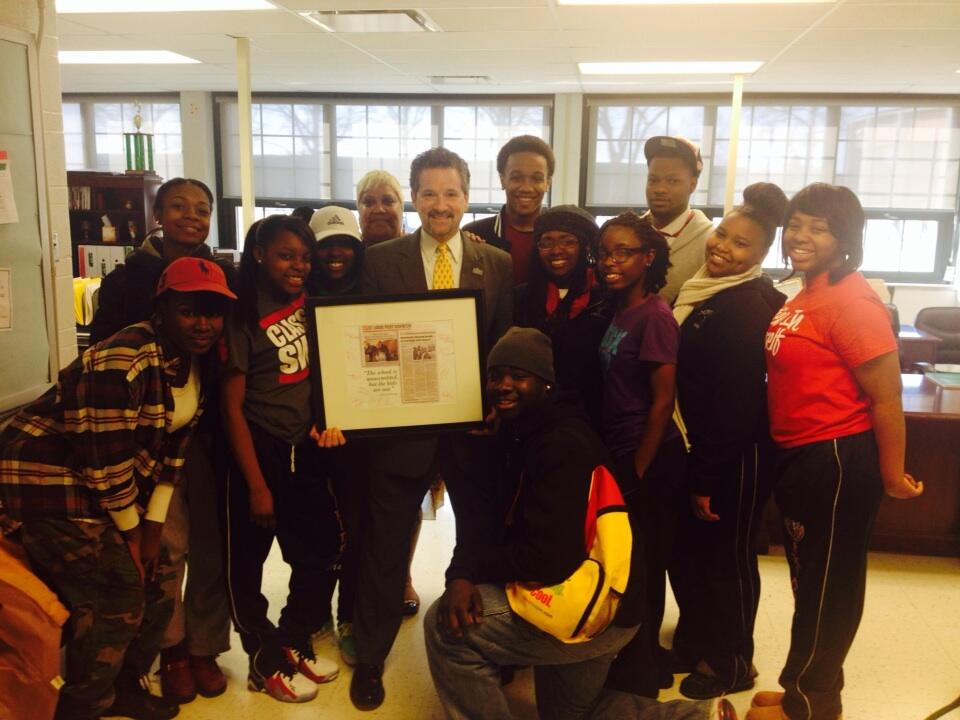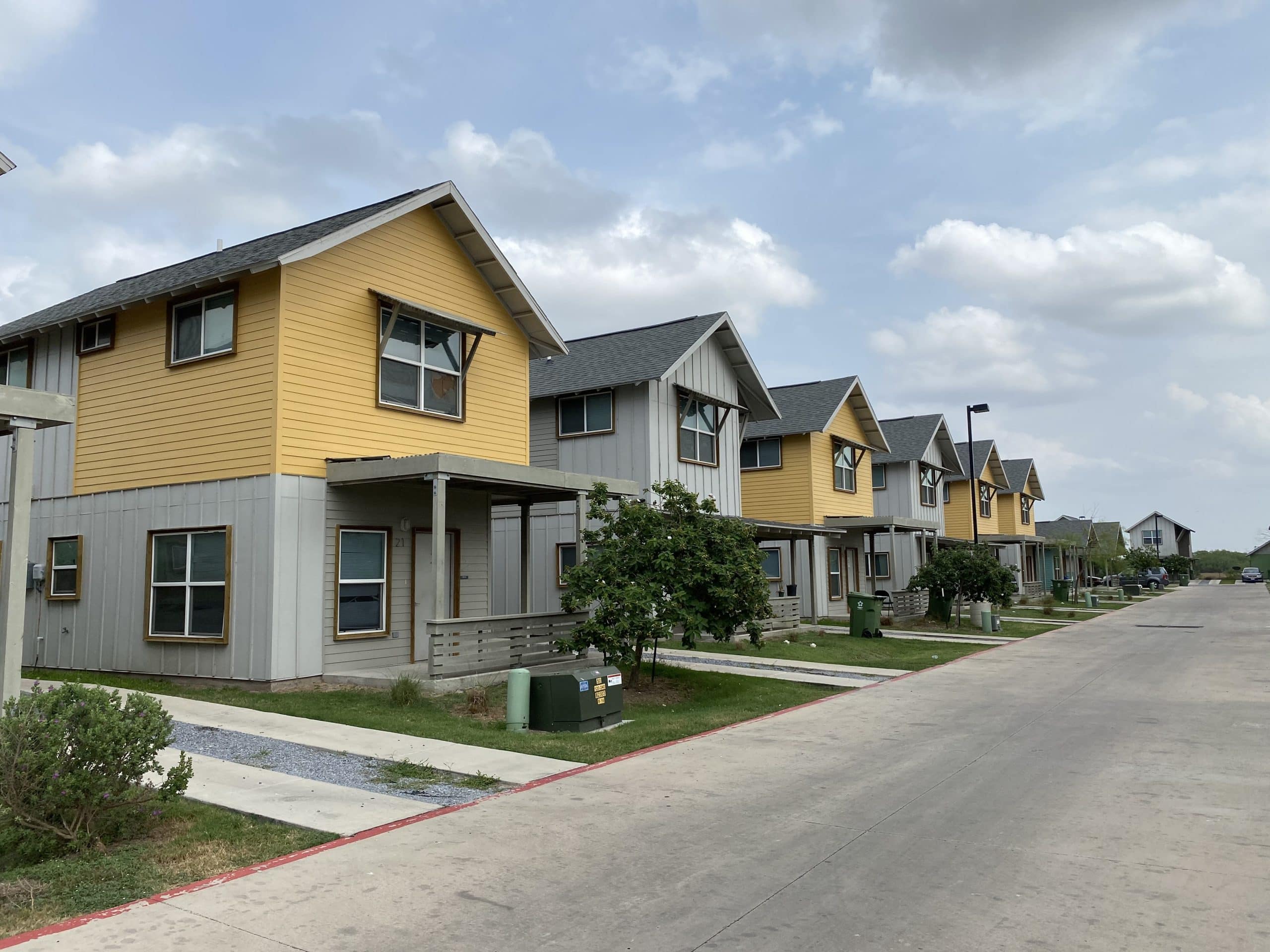It is with an odd combination of relief and sadness that I see that my hometown—my community—is no longer the lead in national headlines, no longer the first visual on national cable news and no longer the most trending hashtag.
My organization has owned almost 20 single family rental homes in Ferguson, Mo., for over a decade and Michael Brown graduated from the school district that is our targeted geography for our community building efforts. My first thoughts about this tragedy were shared in local media and can be found here.
I wanted to use this space in Shelterforce, however, to talk to my peers in our difficult field of housing and community development. My message to you is to take a moment and make sure you are taking care of yourself and your staff.
I have been in this field since 1986 and have seen my share of difficult and challenging events in the lives of those we serve and our larger community. The tragic death of Michael Brown, or “Big Mike” as he was known by his friends, has shaken me like nothing else I have experienced. I cannot understand how a parent buries their child and ask that each of you take a moment and steep in that idea. I further cannot understand how a police officer like Darren Wilson, who previously had not had any issues, suddenly is thrust into the role of villain and has had his life ruined. I will leave it to the justice system to work through all the issues in this case and hope that all the protesters continue to push our local prosecutor to ensure a fair, just trial.
The picture above is of me and a number of Mike’s fellow 2014 graduates from Normandy High School. My organization, Beyond Housing, has the unique opportunity to send this talented group to Carnegie Hall for a choir competition. These young folks are talented, passionate, and destined for great things.
So was Mike.
How do we in this work come to terms with the sadness, grief, and trauma that encroaches on our daily efforts to make change in our communities?
There is no real answer to this question. What I am working through—and ask everyone in this field to do—is to acknowledge the emotional strain our work can have on us. Then acknowledge that the same stress, if not more, exists for our peers that work directly with families and residents of our communities.
I have staff who live in Ferguson, I have staff who have children or family members who could be Mike Brown, I have staff that feel the pain of Mike Brown’s family to their core. How do I, how do we, acknowledge this pain and allow for people who do the hard work of community development to heal?
Those of us in this work are grinders. We show up every day and tackle work that is inevitably harder than it should be. We grind out housing development projects, we grind out community organizing events, we deal with funding cuts, we stress to make payroll and we, in the face of tragic events, get up the next day and go work. That is who we are, that is what we do.
Today, I ask that we check on each other. That we ask our peers, our staff, “How are you? How are the challenges you face each and every day affecting you?”
Tragic events that bring on trauma in our lives stay with us and linger. We all need a little support, some empathy, and some caring to allow us to keep moving forward and keep grinding. For when we do, great things happen.
(Photo courtesy of Beyond Housing.)






I really appreciate the voice of someone who is on the ground truly interacting with the Ferguson Community. C. Krehmeyer is even with his observations and understands that all lives have been impacted. Beyond Housing’s work makes us aware of other service organizations working in communities attempting to add value to the quality of life so that we all will be better off.
Well put, friend… Even out West, we all feel diminished when community suffers. No man is an island.
Good to see you in these pages Chris. Thanks for the update on Beyond Housing, an organization that is a very important part of the solution. – Laura